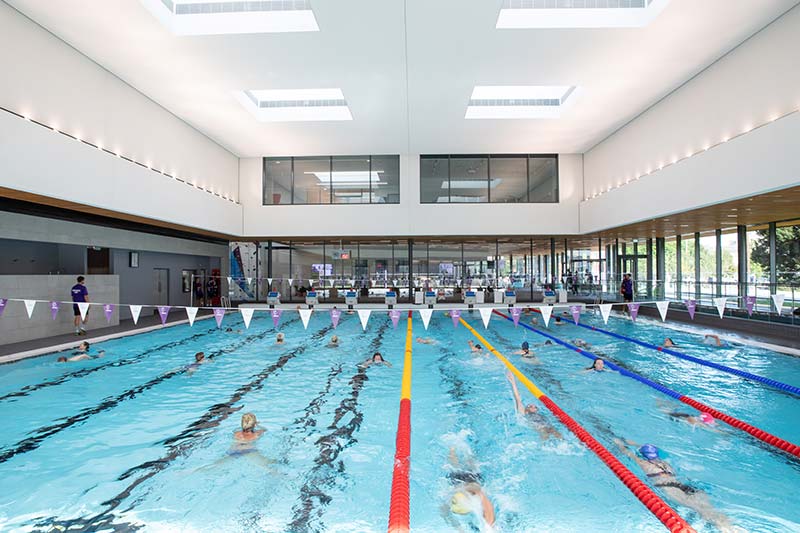Overview
This foundation year course sets you up for success if you don’t yet meet the entry requirements for one of our Bachelor's degrees in computing, engineering, surveying, maths or physics.
There’s more than one route to a degree, and missing out on the right grades first time round or beginning your studies as a mature student shouldn’t stop you realising your potential. On this BEng (Hons) Engineering and Technology degree with foundation year, you’ll develop the maths, science and technology skills vital for studying at degree level.
You’ll then move onto the first year of one of our Bachelor’s degrees.
Course Highlights
- Develop the knowledge to go onto your Bachelor's degree course with confidence
- Study alongside other students working towards achieving a full degree, just like you
- Experience hands-on practical work in our technology laboratories such as the Microcontroller and Digital lab, Energy Lab and the Future Technology Centre Computing Lab
- Benefit from remote access to our simulation software, including Google App Scripting and LTSpice – supporting your studies even when you're off campus
- Discover how to learn engineering concepts using everyday materials at home
- Get student membership of the Institution of Engineering and Technology (IET), paid for by the University
Careers and opportunities
Studying engineering, technology, maths or physics gives you in-depth knowledge of the parts that make the modern world work.
This foundation year, and the Bachelor's degree you move onto, will give you the skills employers need to implement innovative technologies and designs that could influence our healthcare system, aviation, transport, communication and so much more.
Depending on the degree you move onto after your foundation year, it's likely there will be a high demand for your profession in the industry sector you graduate into. And you'll get ongoing careers support from our Careers and Employability Service for up to 5 years after you graduate from your full Bachelor's degree.
















